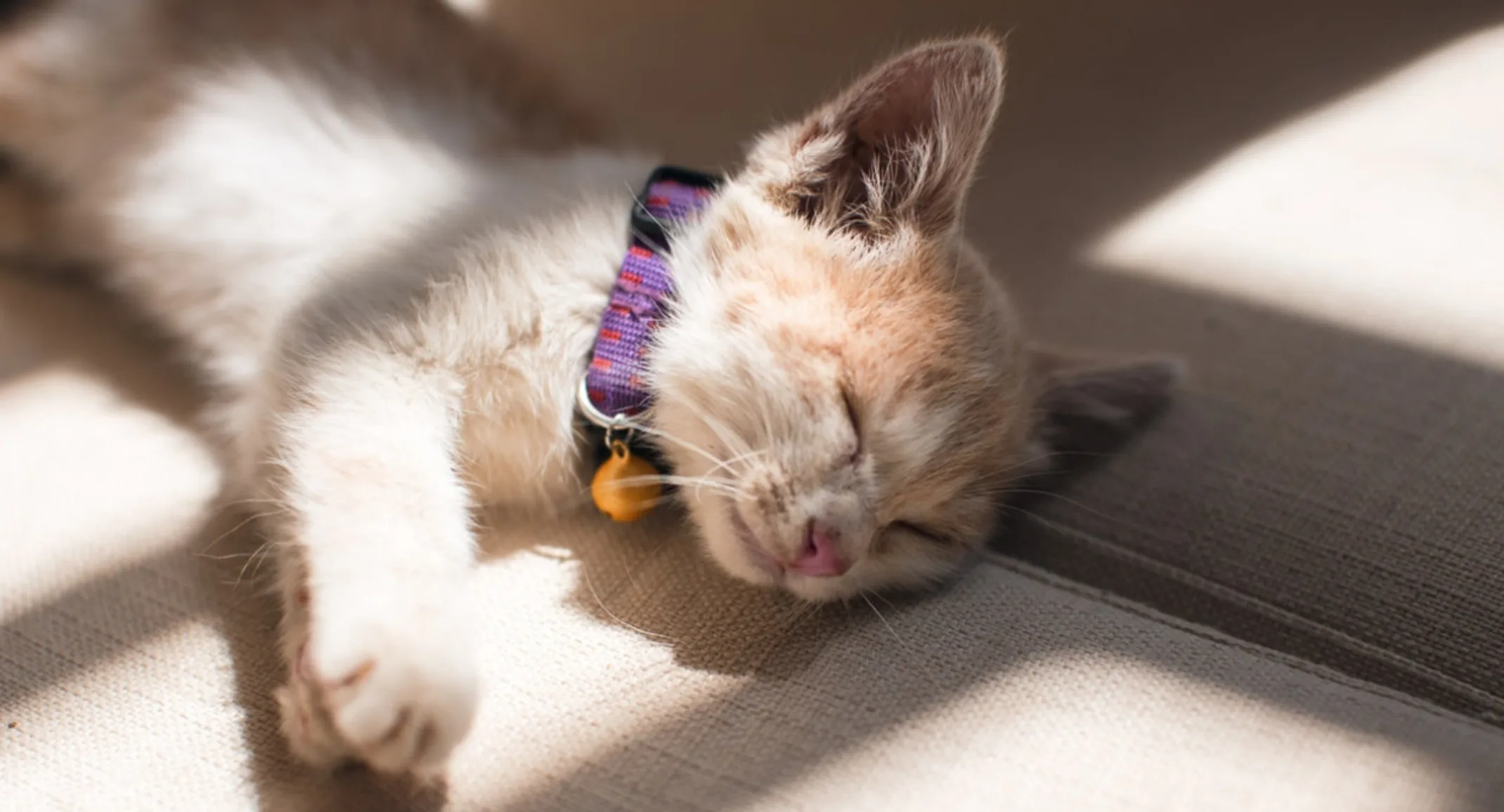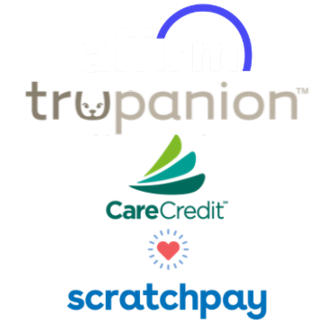Common Holiday Hazards That Could Land Your Pet in the Emergency Room
For Pet Owners

Festive food, decorations, and gatherings provide plenty of opportunities for your pet to get themselves into a sticky situation, and veterinary hospitals typically experience a rise in emergency visits around the holidays. Don’t let a pet emergency ruin your holiday fun; keep your pet safe by avoiding these common holiday hazards.
Toxic foods
Holiday gatherings often center around an indulgent meal, and pets that are treated to leftovers can suffer disastrous consequences. Turkey and ham scraps contain high levels of fat and salt, and can cause severe inflammation of the pancreas. Pets with pancreatitis often require hospitalization with intravenous fluids and medications to recover from severe vomiting and abdominal pain, and can develop chronic conditions, such as diabetes or inadequate digestive enzyme production. Prevent this life-threatening disease by resisting your pooch’s puppy dog eyes, and offer them a pet-safe treat instead. Clean up leftovers immediately, and throw away all refuse, including bones and scraps, in a pet-proof outdoor trash container.
There are a number of other holiday food ingredients that can be toxic to pets, including:
Chocolate
Raisins
Macadamia nuts
Xylitol (a common sugar substitute)
Raw yeast dough
Ingestion of even a small amount of a toxic food can be dangerous, so keep your pet safe by feeding them only pet-safe food and treats, and never leaving toxic foods out where they can get to them.
Houseguest hazards
Holiday houseguests may not understand the potentially disastrous consequences of letting your cat slip out through the front door or sneaking your dog treats from the dinner table. Ensure all guests know the house rules, or keep your pet safely confined to a quiet room or her crate during the festivities.
According to the ASPCA’s animal poison control center, prescription and over-the-counter human medications are the number one cause of pet toxicities. Remind your overnight guests to keep all medications out of your pet’s reach.
Disastrous decorations
Your pet may assume your perfectly decorated Christmas tree is a gigantic jungle gym that you’ve erected just for them, so take care to avoid these potential dangers:
Electric cords
— If your pet chews on an electric cord, they could be electrocuted or suffer burns to their mouth and face.
Breakable ornaments
— Hang breakable ornaments from higher branches where your curious cat can’t bat them off and end up with a nasty cut.
Salt dough ornaments
– If your pet ingests even a small dough ornament it can cause severe increases in sodium levels that can lead to severe and life-threatening neurological symptoms.
Tree water
— Christmas tree water can contain pesticides that leach out of the tree, additives to keep the tree looking fresh and green, or dangerous bacteria levels that can make your pet sick.
Poisonous plants
Many of the plants commonly used to deck the halls can be toxic if your pet eats part of one. Cats are often attracted to plants, but keep poisonous varieties, such as mistletoe, holly, balsam, pine, and cedar, away from all pets. Place arrangements out of reach or opt for artificial greenery instead.

